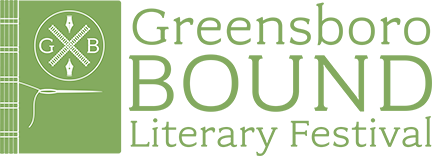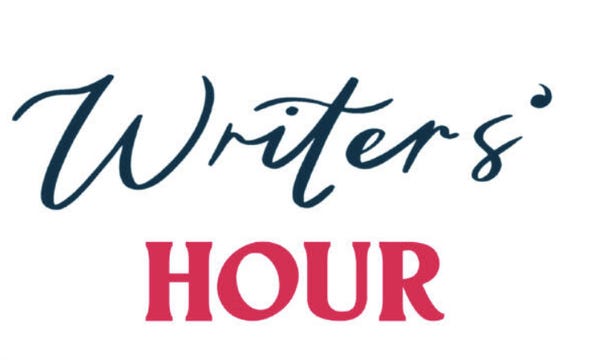On Revision
View this email in your browser
Want more newsletter? Check out the archive.

I’ve been rewriting one sentence on and off for a few weeks. Every couple of days, I knit some clauses together, change simple verbs to progressive ones, move the image from the middle of the sentence to the end. A few days later, I change a verb, reverse some clause orders, take an adjective out, put it back. The day after that, I add an adverb, move it around, remove it. Fiddle with the tense. Believe it or not, I think I’m almost there.
You might call this the work of a madwoman. While I won’t defend my sanity, I will defend the value in looking at our writing with excruciating detail, of studying sentences, paragraphs, and pages and interrogating their rhythm and order. Our first drafts spill out of us in unique and unknowable ways, and that is a lovely part of the process. But it doesn’t end there.
I believe I have a responsibility to my first drafts, to change them from something that I alone fully grasp to something that anybody can completely understand and deeply feel. Sometimes I think of revising as an act of translation, one that takes the original, raw emotions and events and puts them into a more coherent package, with smooth corners and easy transitions, that a reader can just fall into. Revision is where our work goes from good to great.
It can be a challenging process, but it doesn’t have to be mysterious. I will break it down next week in a workshop that will offer concrete tools, including key questions to ask as you approach a revision and ways to assess your progress.
Revision is based on a simple, easy belief: we can always do a little bit better. When you look past the pressure of that statement, it’s full of optimism, of hope, of possibility. I love to revise, to know that sentence by sentence, something wonderful is taking shape, that eventually, like a butterfly from a chrysalis, something beautiful will emerge.
J.

In next week’s revision workshop, we’ll compare first drafts to final drafts, review the list of questions that every writer should ask as they enter the revision process, and practice strategies for successful revision. By the end, you will have a much clearer idea of how to pursue revision and the confidence to tackle your own. Tuesday, May 18th, 5:30-7:30pm ET. Sign up now.

This weekend is the Greensboro Bound Literary Festival, which is free and online. There are some heavy hitters here: Roxane Gay, Nnedi Okorafor, and Sharon Salzberg. There’s also a poetry workshop with Nickole Brown, who wrote this poem, which I like a lot.

Mimi alerted me to The Writers’ Hour, a free accountability offering to help people get to their writing desk every day. It’s a virtual gathering every weekday morning (available in four different time zones!), offering writers a place to show up and the encouragement of seeing other faces hard at work. If you are having trouble keeping up a regular writing practice, this might be just the thing.
Buy books from the Durham Public Library
The Durham Public Library is now selling books online, and all proceeds support the library. They take donations too. Libraries are vital, so keep yours in mind.
Creative Writing for Teens
If you haven’t figured out your kids’ summer plans yet, there are still spots in the two week-long creative writing classes for teens I’m teaching through the Durham Arts Council, one in-person (July 12-16), one virtual (June 21-25). Perfect for any teen who wants to spend a week writing their brains out and having a good time on the page!
To Go Poem
Soon I will get on an airplane for the first time in over a year. This poem always stopped me cold, but now it hits even harder.
Gate C22 by Ellen Bass



Copyright (C) *|CURRENT_YEAR|* *|LIST:COMPANY|*. All rights reserved.
*|IFNOT:ARCHIVE_PAGE|**|LIST:DESCRIPTION|**|END:IF|*
*|IFNOT:ARCHIVE_PAGE|**|HTML:LIST_ADDRESS_HTML|**|END:IF|*
*|IF:REWARDS|* *|HTML:REWARDS|* *|END:IF|*




